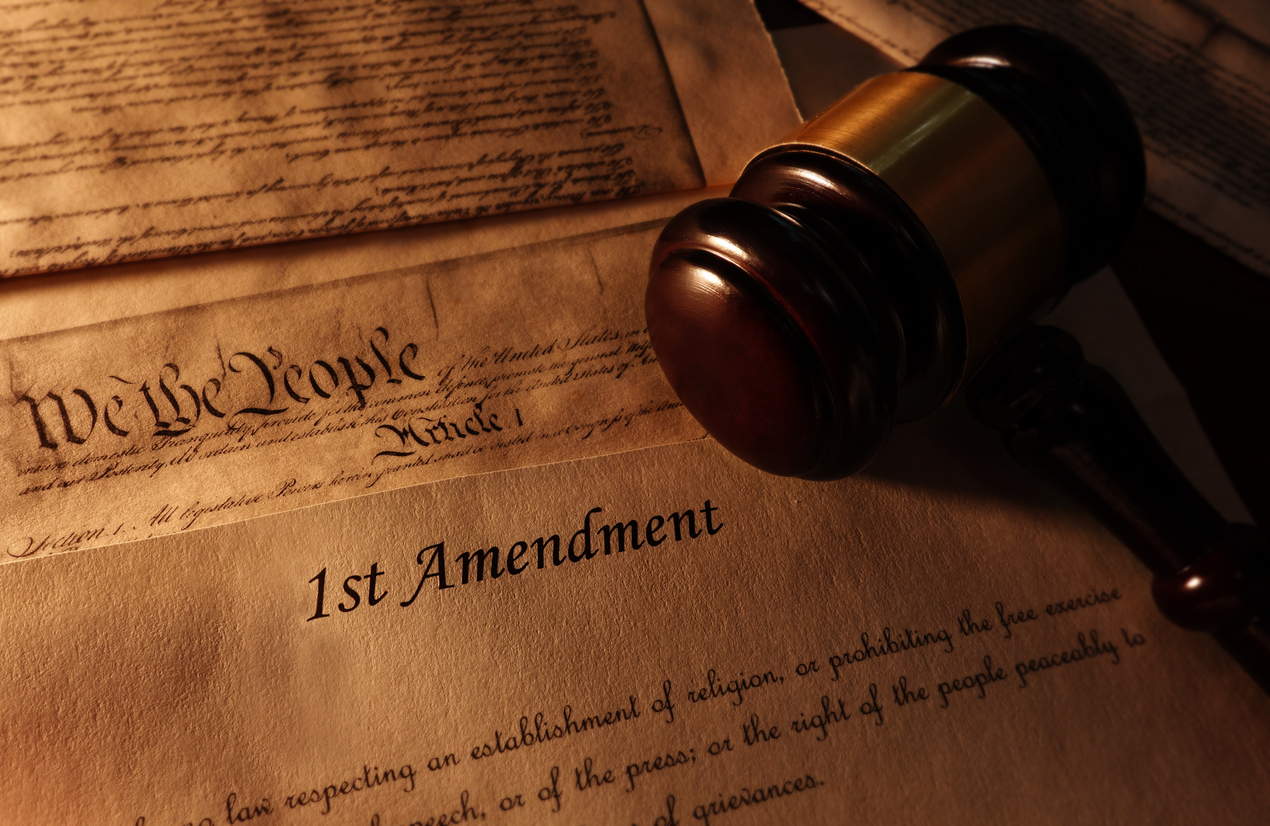Considering a Fundraiser? What You Should Know about Charitable Solicitation Regulation
By Timothy Noonan
Does your website feature a “donate” button for online donations? Does your organization receive contributions from donors? Are you thinking of hosting an annual gala or walkathon? Do you send requests for donations via U.S. mail?
If you answered “yes” to any of these questions, your organization must assess whether it is subject to charitable solicitation registration laws and regulations in one or more states.
What are charitable registration laws? What are the typical requirements?
Fundraising and requests for donations are often regulated by states in order to protect residents from deceptive fundraising campaigns. Typically, the state fundraising law is called the “charitable solicitation act” or something similar.
In most states, the charitable solicitation law requires that an organization intending to solicit contributions in the state first apply to and be approved by the state to do so. Typically, the process requires the organization to file a “registration statement.” The specific state statute will usually describe exactly what information needs to be included in the registration statement.1
Some states charge a registration fee, usually at a fixed rate provided by the statute or related regulations. Some states vary the fee based on the level of contributions to be received.
Due to the significant variance at the state level, registration in multiple states can be highly burdensome. The Unified Registration Statement (URS) was created to mitigate this burden. It is accepted by over 30 states and Washington DC. Note, however, that while the URS can be a helpful resource for nonprofits, the URS will sometimes require more information than the specific state registration would require, leading to less efficiency in filing.
When is an organization subject to charitable registration requirements?
A confusing and somewhat unanswered question is: when has an organization “solicited in the state” to such a degree that registration would be required?
For example, if an organization’s website allows donations, does the organization need to register in every state in which the website is accessible? If an organization sends emails with a donate now button, must the organization be registered in every state in which an email recipient lives? What if a volunteer-run organization receives only a few thousand dollars annually—would the organization still be subject to complicated registration requirements?
While extreme examples yield clear answers, many gray areas exist. For example, if your organization has an online donate button and sends email requests to donations throughout the United States, you should consider registration in a number of states in which you have donors or contacts (even if you do not have a physical presence). An attorney can assist your organization in analyzing when registration is appropriate.
With respect to online donations specifically, charity officials in many states rely on the Charleston Principles. These principles are not law, but they can be helpful data points in analyzing when your organization’s online presence in a state is significant enough that the organization may need to register. More information regarding online giving and related registration implications can be found on the National Association of State Charity Officials website (see links at end of article).
Are religious organizations subject to charitable registration requirements?
In order to respect First Amendment protections, most state charitable registration laws include some religious exemptions to registration. In some states, the exemptions are very narrow (e.g., covering houses of worship and religious orders, but not related ministries). Because the scope of state exemptions varies, even if an organization is exempt in one state, familiarity with requirements (and the scope of religious exemptions) in other states in which the organization does business is essential.
How do I know if my organization is subject to charitable solicitation requirements?
The key factor that will influence whether registration (or the submission of an application for exemption from registration) is needed is the organization’s “contacts” with that state. For example, if an organization receives an occasional, unsolicited donation of $75 from State A, registration may not be necessary. On the other hand, if the organization receives donations of $10,000 every year from State A and the organization’s leaders visit donors in the State A to provide updates on the organization’s progress, registration in State A would likely be necessary. If your organization is seeking to informally determine the states in which registration might be necessary, creating a table with the fifty states and listing the contacts in each would be a helpful exercise for the organization and could help the organization's attorney analyze the organization's situation more effectively.
With charitable solicitation, as with any legal issue, you should work with an attorney to understand the specific legal situation of your organization.
Are there any charitable solicitation requirements in addition to initial registration?
States that require faith-based organizations to register often require these registered organizations to submit annual reports or “registration renewals” to the state.
State law varies as to when a registration must be renewed or when reports must be submitted. Usually, renewal or reporting will be required either: (1) one year after the charity registers, (2) at the end of the calendar year, or (3) at the end of the fiscal year. Renewal of the registration is usually made by completing an annual report form issued by the state attorney general or other regulating agency. Some states do not require renewal of registration, making registration effective until withdrawn by the organization.
This blog post has discussed only the general information about the requirement to register before making charitable solicitations. This should not be relied on as legal advice or as everything a nonprofit would need to know before making charitable solicitations.
Further Reading from the National Association of State Charity Officials:
Napa Legal Webinar: Steps for Success for Lay Apostolates Part II: Becoming and Staying Exempt (starting at 1:45)
List of Charities Regulators in Each State, with contact information
Online Donation Guidance from National Association of State Charity Officials
State Charitable Giving Guidebooks
_______________
Timothy Noonan is Napa Legal's legal fellow for fall 2020. Timothy is a second-year student at Ave Maria School of Law, where he ranks in the top ten of his class. This past summer, Timothy served as an intern for Believe in Health, a nonprofit that helps alternative health practitioners comply with FDA, FTC, and state regulations. Prior to law school, Timothy attended Franciscan University of Steubenville, where he received a Bachelor of Arts in Sociology and the school’s Sociology Award. Aside from his studies, Timothy is passionate about serving the poor and giving back to his community, which he has previously done as a youth mentor and a basketball coach. As a legal fellow, Timothy assists Napa Legal in drafting policy updates and educational resources regarding nonprofit management and compliance.
.png)




